SAY HELLO TO OUR
ENTREPRENEURS
Our programs have touched hundreds of entrepreneurs, 78 of whom
have started businesses. Meet a few of them.
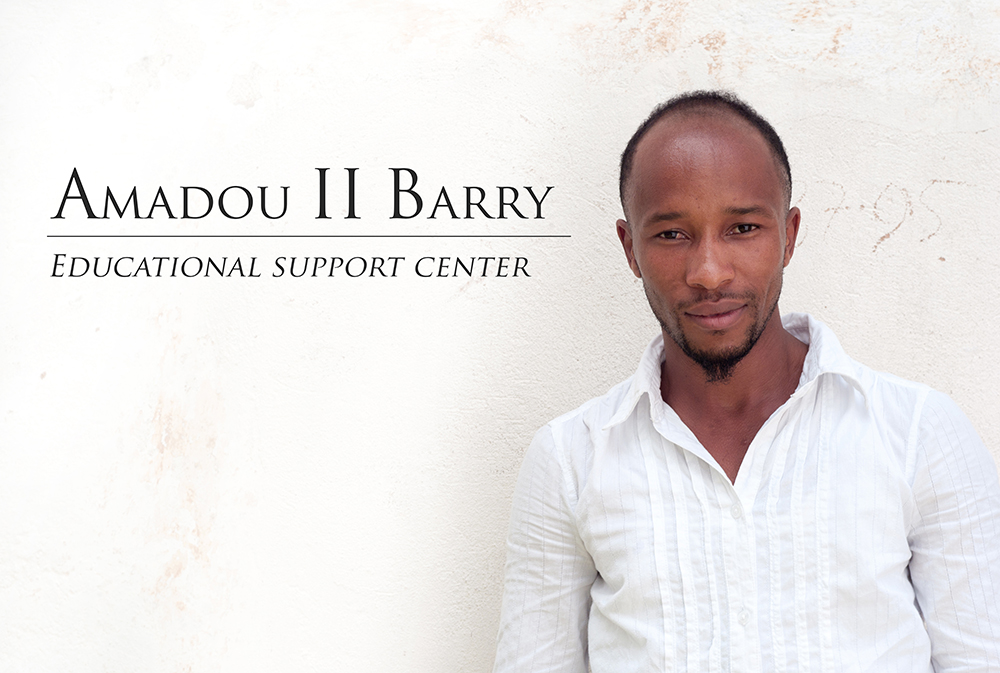
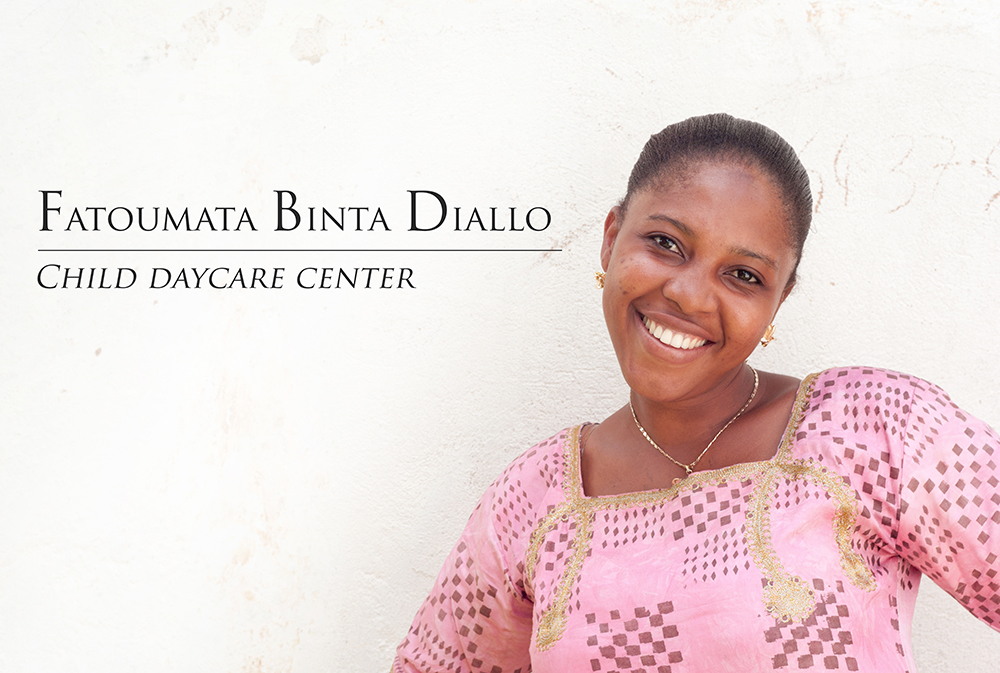
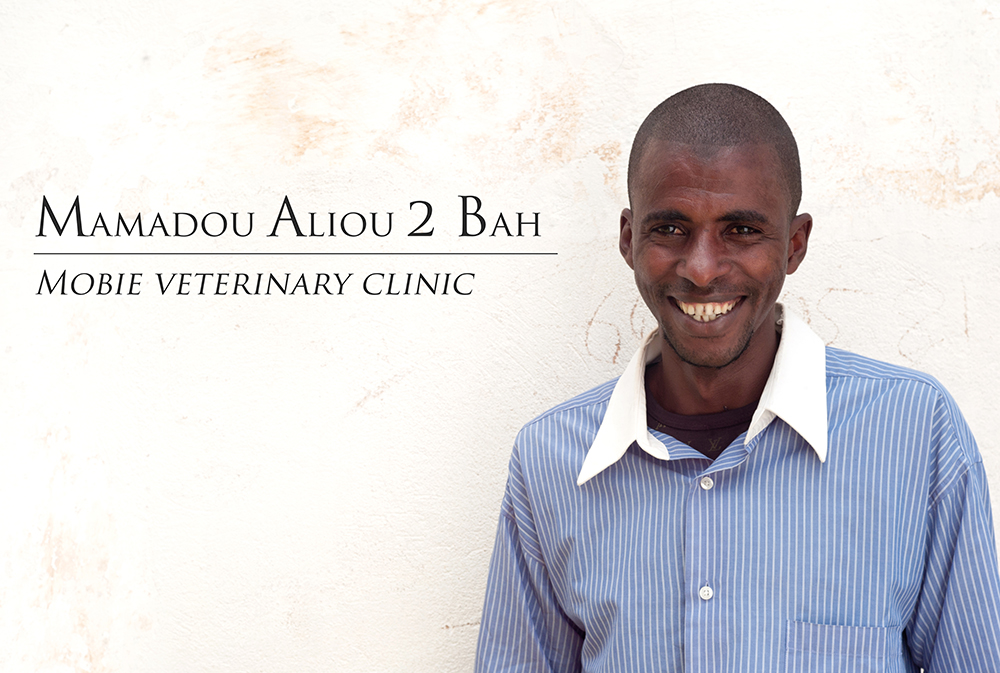
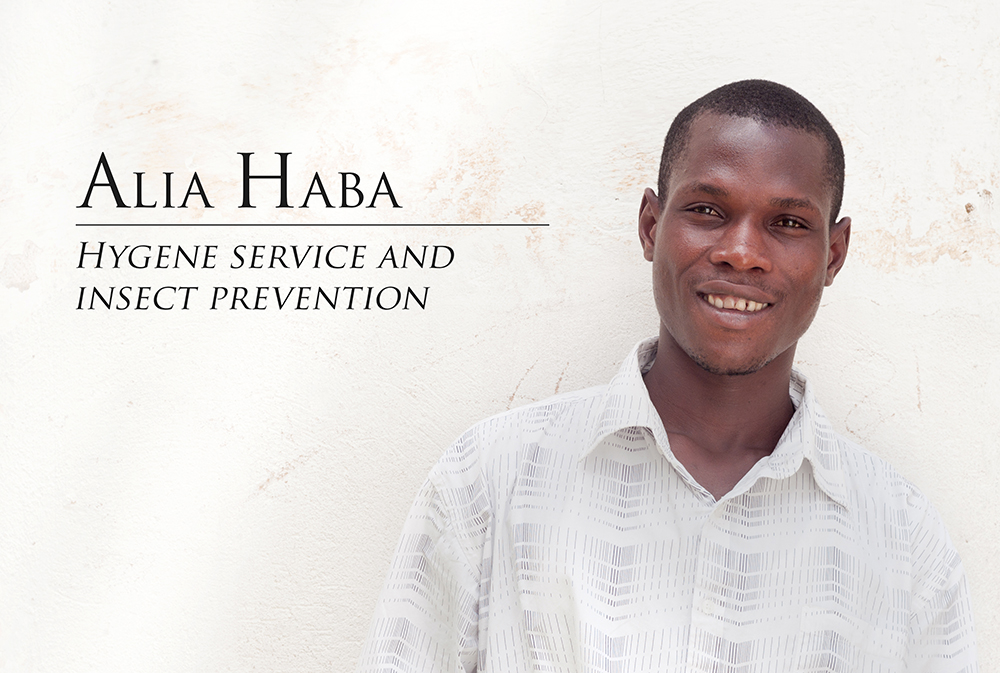
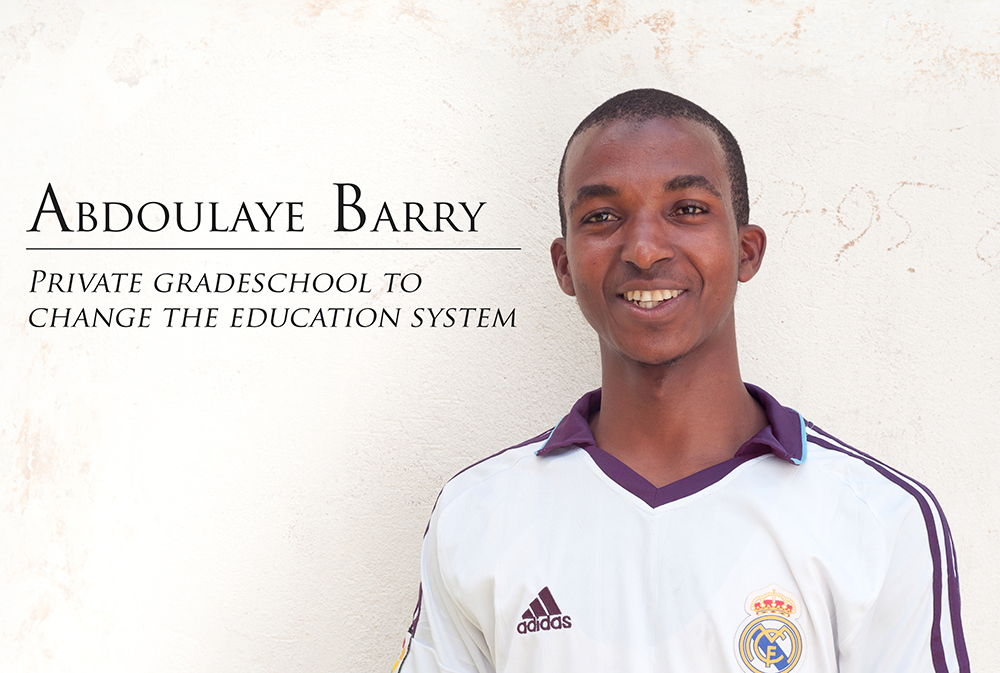
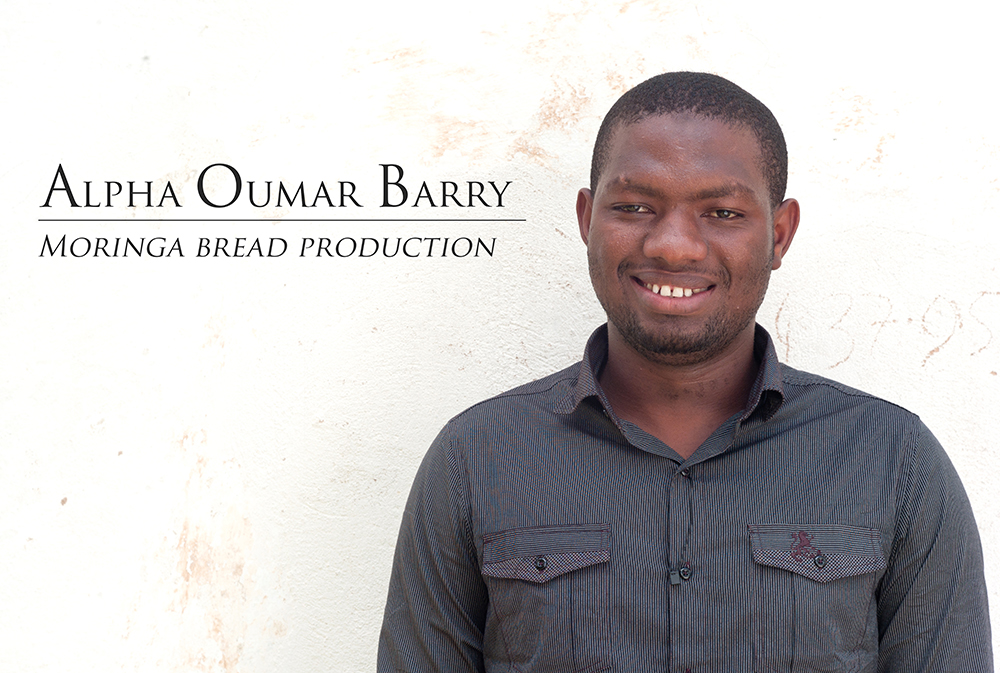
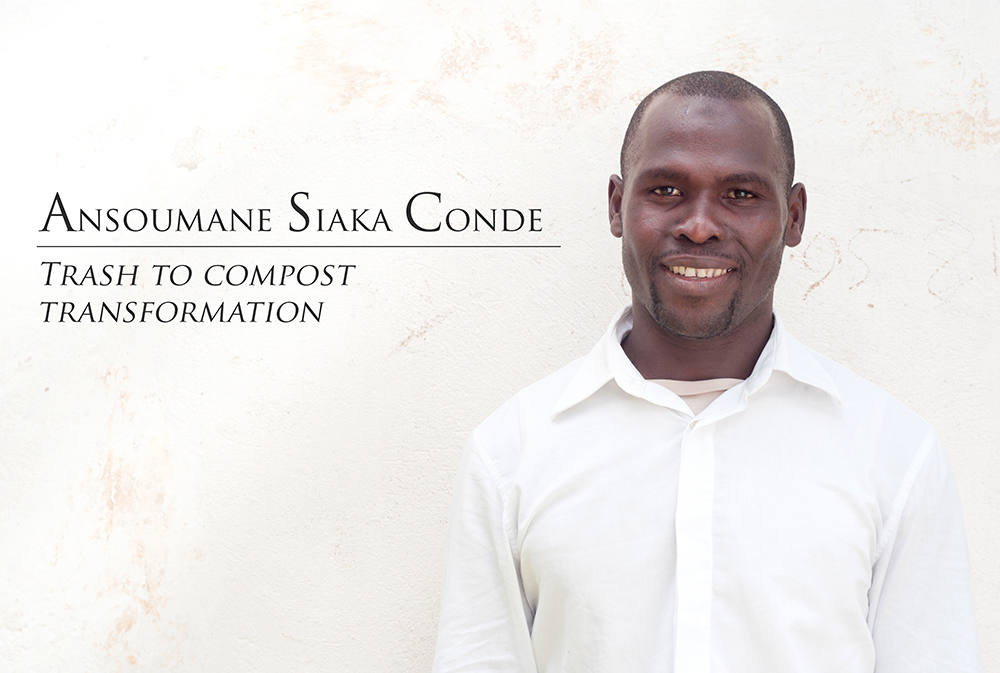

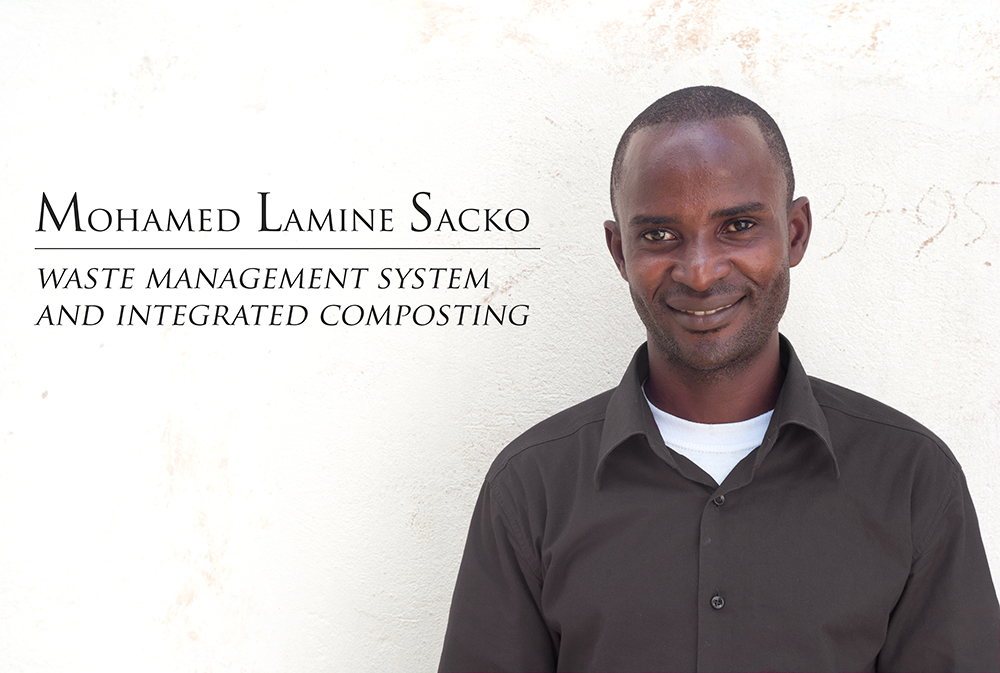
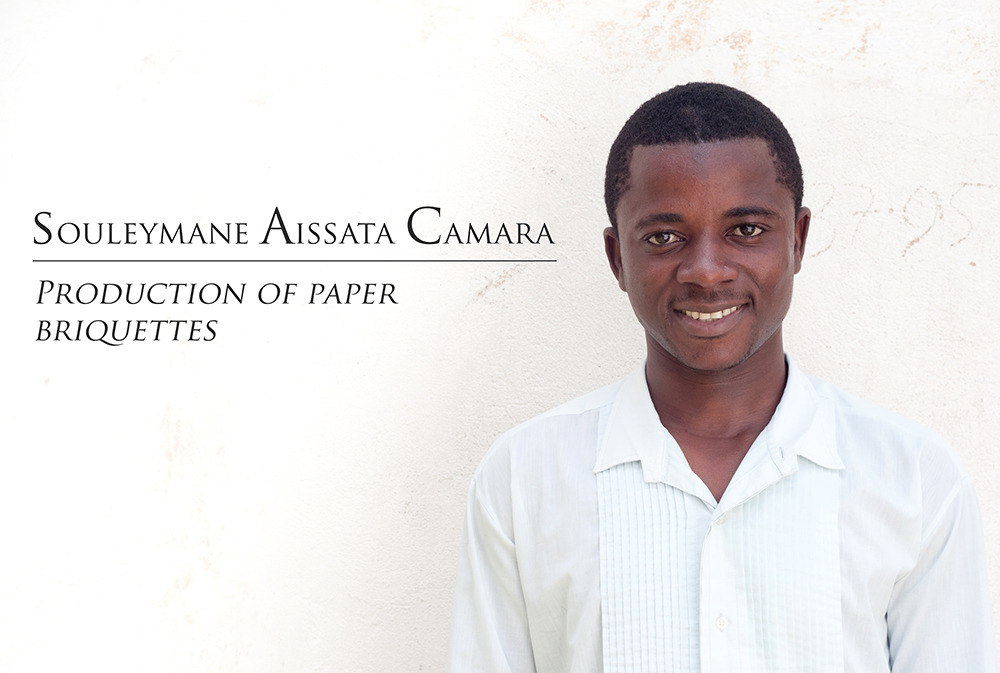
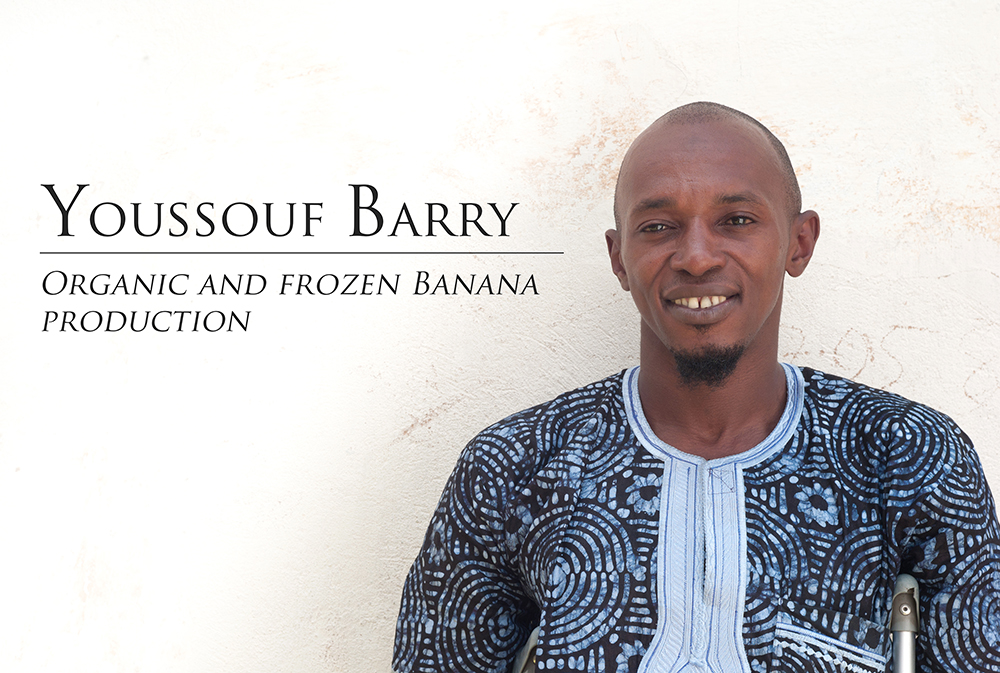
Over the next 10 years, 13 million African youth are expected to join the labor market annually. Youth unemployment is an epidemic that must be treated now. An ecosystem approach that includes education and financing, in addition to pro-business development policies is necessary.
Entrepreneurship is not the whole solution, but it plays a big part. In fact, a recent World Bank study revealed that funding entrepreneurs is possibly the most efficient type of development intervention.
The centerpiece of our training programs is a proprietary curriculum that combines human-centered design with advanced business skills, leadership, and teamwork, delivering these competencies through an experiential learning model. All of our fellows have gone through this intensive program.
















